This is a 2 piece blog, spelling out the challenges before the recruitment industry in its current state (part 1). Then some ideas on how the industry as a whole (internal, agency or job seeker) can find opportunity and adapt in these challenging times (part 2).
Recruitment is Broken
There’s no doubt from the comments and information I’ve seen these past couple of weeks, the recruitment industry like most, is reeling from the global impact of Covid-19. It’s highlighted just how fragile so many industries can be and just how quick things can go from good to (frankly) shit!
Many recruiters were likely sitting on fantastic pipelines and hoping for a brilliant year. Only to have it all stopped when this epidemic really took hold and we all had to act fast.
There’s also many who have unfortunately lost their jobs or been put on furlough because their firms don’t expect the situation to change soon.
But this post isn’t to talk about that. It’s instead to highlight and explore what recruitment, as an ecosystem, could do to help each other out in a time of crisis, like we have now.
The Game
Putting the current climate aside, the recruitment industry model for most agencies, is becoming a law of diminishing returns. A race to the bottom driven by a perception of utility service with little differentiation. Hence why so many new client prospect conversations begin with, and principally focus on, ‘the fee’.
Not the quality of the service, the knowledge of the consultant, evidence of past successes. No, just ‘how much is your fee?’ and if that’s acceptable, the conversation will continue.
The challenge is amplified by its transactional nature, as recruitment typically translates to the early learning game of shape sorting.

This is because it’s a client led model. The client already has the realised and recognised need and so engages the recruiter to fill said need. It’s almost 100% reactive. With tight specs and strict requirements on candidates’ experience.
Indeed, if I, as an agency partner were to think outside the box and bring a round peg for a square hole, I’d run the risk of being chastised for not following the brief. Even when I could evidence and justify why a round peg maybe better suited to the client problem at hand.
This restrictive and reactive nature is further amplified by the evolution of the client/agency relationship.
Past vs Present
In the 2008/9 economic crisis, recruitment was a little different. LinkedIn wasn’t as widely adopted as it is now and the in-house recruiter (TA) role was very much in its infancy.
MSPs (Managed service providers) were the big thing – for those not in the industry, these are recruitment agencies who provide on-site resource to manage a firms’ recruitment needs.
But it was certainly easier to have conversations and maintain relationships with decision makers because not everyone had an MSP. But it seems even the newest start-ups get a TA (Talent Acquisition) onboard early doors and the TA’s control the process and communications with the agencies. They also have a business objective to reduce agency spend and usage by utilising the tools out there like LinkedIn to direct attract.
So as an agency recruiter myself, whilst it used to be ‘we’ve got a PSL’ as the No1 objection I’d hear when prospecting for business; recruiters are now more commonly getting ‘we’re hiring that direct only. No agencies!’
But outside of these supply chain challenges, the issues we all face because of Covid-19 is the locking up of recruitment, even by firms not economically affected by the pandemic, as they look to assess and adjust strategies where necessary.
Grieving Process

The system is in a state of shock and acting cautiously about what next steps to take. Even those still hiring are treading carefully, recognising this is all still very new and they need to understand the bigger picture impacts (should there be any) to them.
What we’ve experienced seems to align to the stages of grief:
- 1. Denial – “this won’t affect us, it’s not going to be that big” (I think we can agree we’re all past this)
- 2. Anger – “this is going to be huge, it’s going to affect us so badly, what the heck is going on?” (most are either in this phase right now, trying to make sense of things. Others have moved to stage 3)
- 3. Bargaining – “what are we going to lose, what are we going to keep?” – this is where those making redundancies are sitting, and those reflecting on their current position so have paused hiring
- 4. Depression – Those who remain will potentially be feeling a sense of survivors syndrome as they convalesce on what was. What’s important is just how long individuals, teams and companies spend in this phase which will determine the path to recovery.
- 5. Testing – this is an extension to the Kubler-Ross Model on the stages of grief, however this stage will happen as people and companies understand how to facilitate change.
- 6. Acceptance – new plans get drawn up. Companies begin to look to the future and consider how the new norm has opportunity ahead of it. This is where opportunity is taken up, investment happens and the shoots of recovery will be found. The quicker firms can get here the better.
How do you get to acceptance quickly which inevitably will lead to areas of opportunity, and how can you play your part – be that as a recruiter, in-house TA or job seeker?
I’ll be sharing some ideas on that in part 2.
Here to Help
Agencies like Blue Pelican, are still here and we’re keen to help where we can. So don’t discount us from your search process.
Even if there’s fewer live vacancies right now, we can advise, give ideas and knowledge share, much like these blog posts have been designed to do.
But if there’s something you would like further insight on. Or if there’s elements I’ve not delved deeply enough into for you. Please leave a comment below, or email me at colin@bluepelican.com
In the meantime, be safe and be kind.















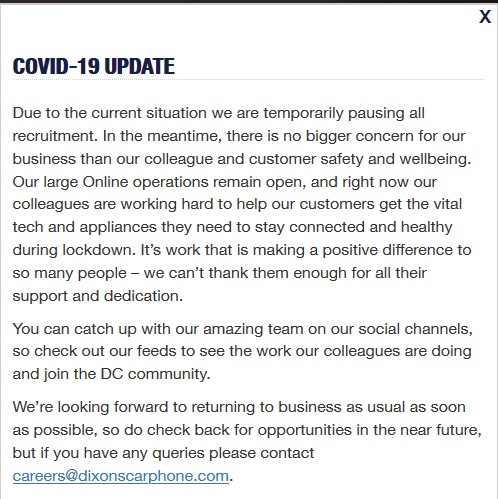
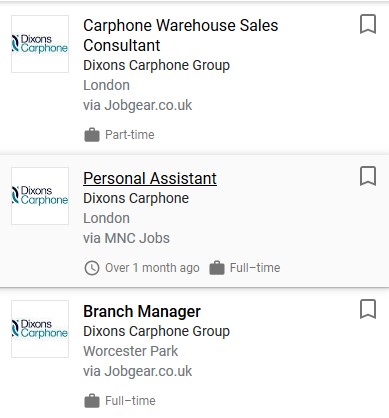
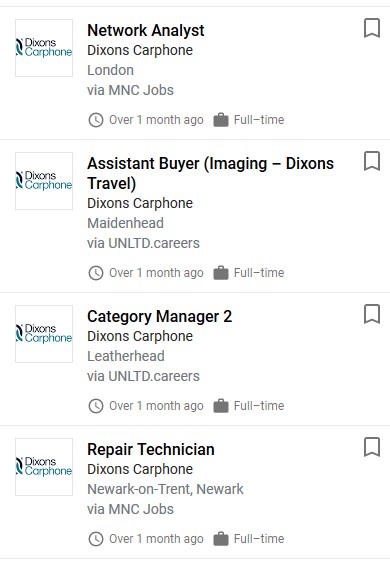
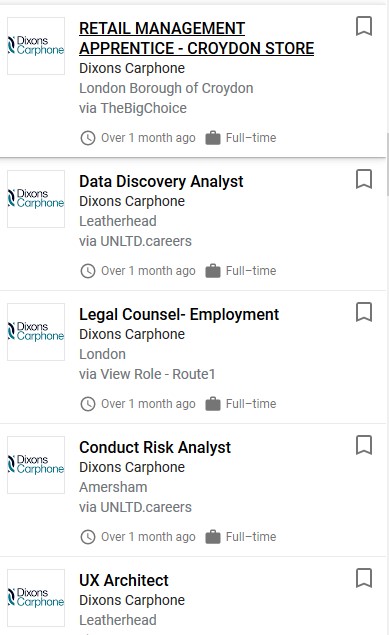
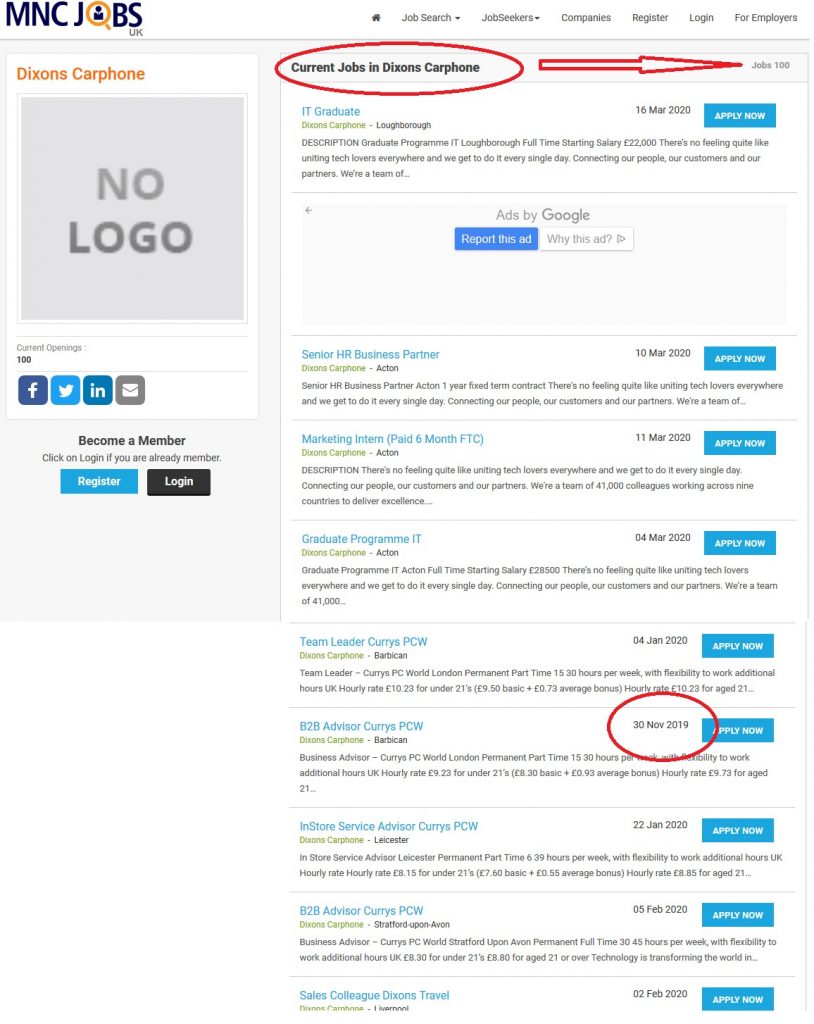



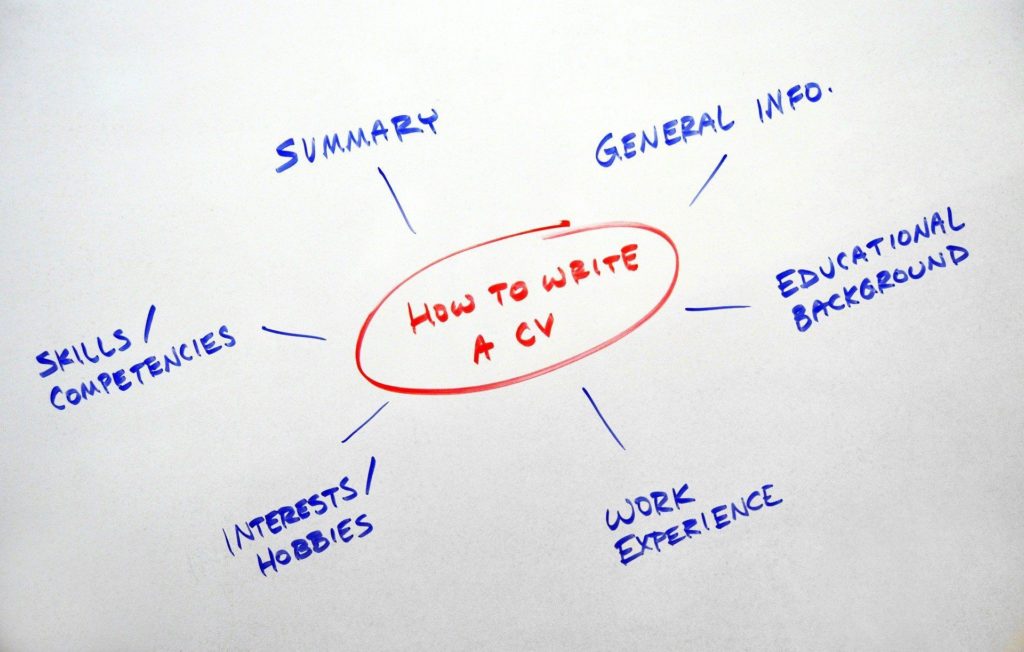






Recent Comments